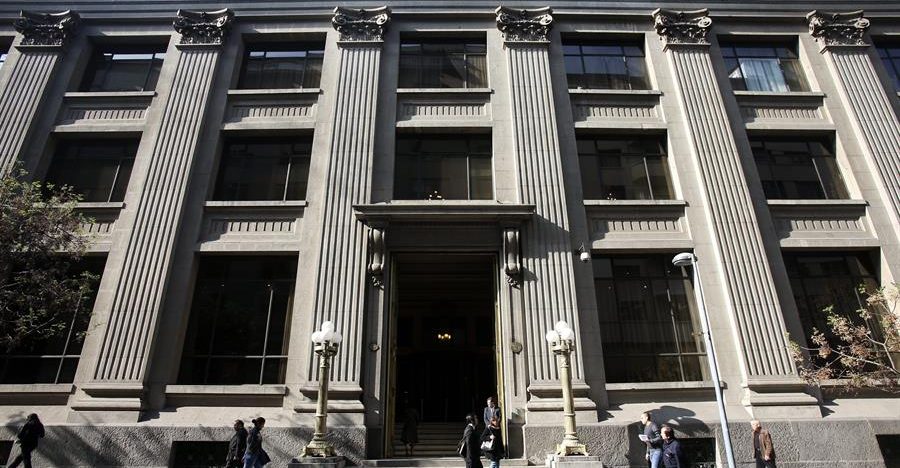The World Bank has noted in its study “Non-tariff Measures in Central America: Economic impacts and Price Increases,” that these measures against trade actually raise the final prices up to 30 percent on basic products.
The relevant non-tariff measures causing the higher prices are primarily strict requirements on imports and exports that Central-American authorities have adopted and applied to their regional markets, especially in the food industry. These technical standards — sanitary requirements, labeling rules, proper registries, permissions, and certifications set by the States — generate more costs to the businesses in the region.
Although the World Bank recognizes that non-tariff measures are publicly intended to protect the safety of humans, animals, and plants between countries, they also warn that governments have used them as a tool to manipulate trade and as a form of protectionism for specific local producers.
Source: Banco Mundial. Read More »
 Versión Español
Versión Español










